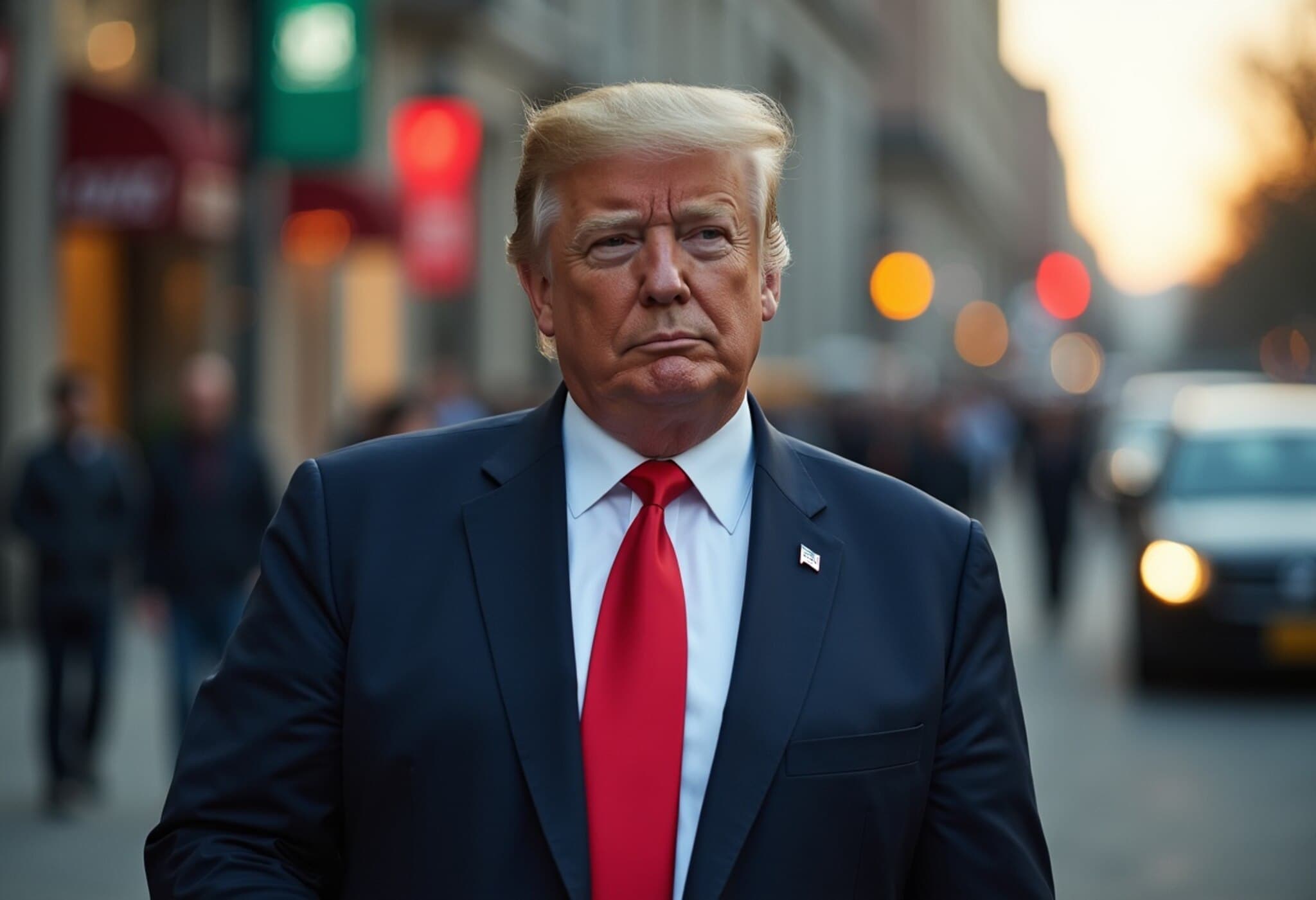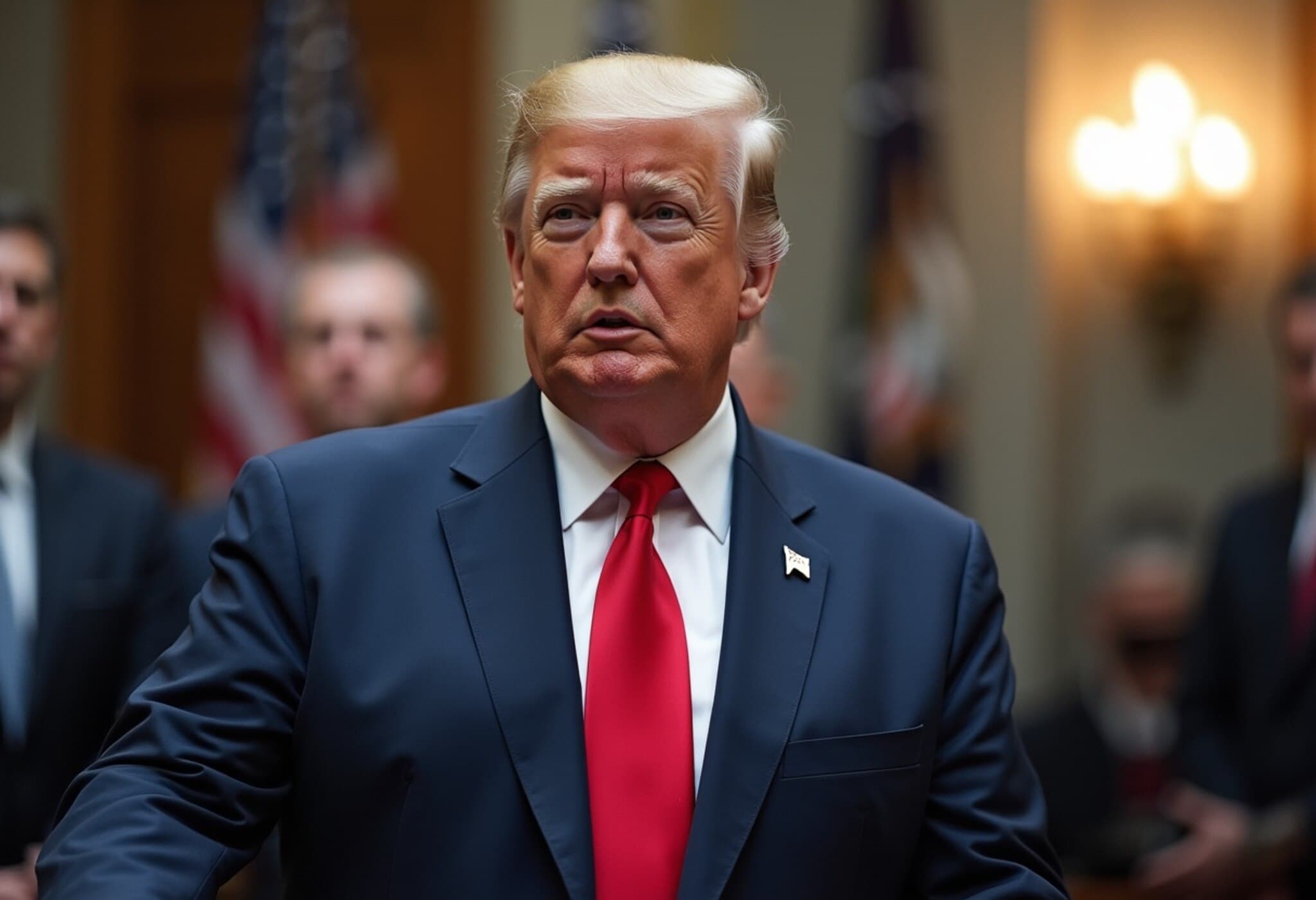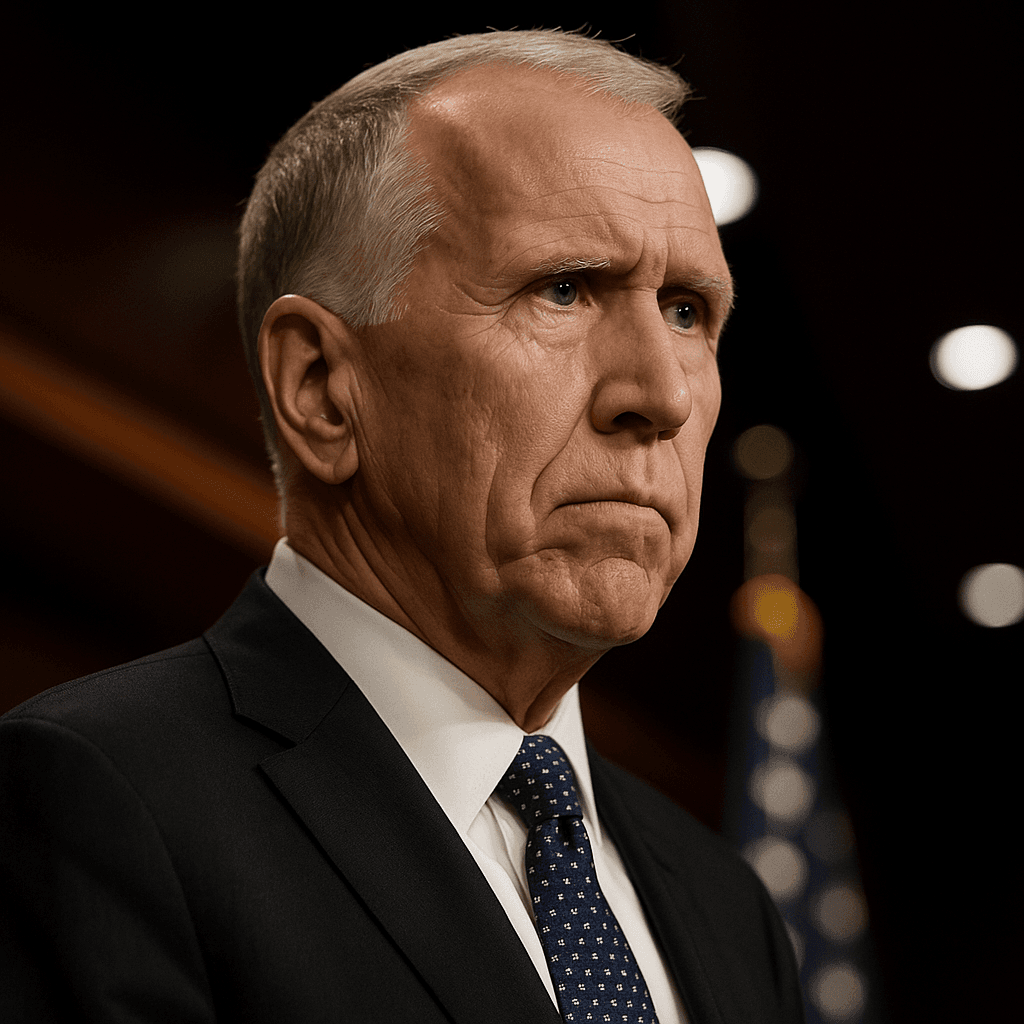Mexican Cartel's High-Tech Espionage Exposed
In a startling revelation, a Mexican drug cartel linked to Joaquín “El Chapo” Guzmán enlisted a hacker to monitor a senior FBI official’s movements in Mexico City. This covert surveillance, dating back to 2018 or earlier, exploited the city’s public camera system and phone data, enabling the cartel to intimidate and even kill FBI informants, according to a recent U.S. Justice Department inspector general report.
How Surveillance Breached FBI Security
The hacker reportedly accessed the FBI official’s phone records, including calls made and received, as well as geolocation information. The individual targeted was the FBI’s assistant legal attaché, a liaison working closely with Mexican law enforcement. Exploiting Mexico City’s widespread surveillance network, the hacker tracked the official and associated persons, including visitors coming in and out of the U.S. Embassy.
“The cartel used the leaked information to threaten and, in some cases, assassinate potential cooperating witnesses and sources,” the report revealed.
Technology Meets Organized Crime
This breach highlights the growing sophistication of drug cartels that have evolved beyond brute force to wield advanced technology. Younger cartel leaders now leverage encrypted communications and cryptocurrency to manage a vast criminal enterprise, supported by cutting-edge surveillance methods to identify law enforcement activities.
- Younger generation of cartel leaders skilled in cryptocurrency and digital operations.
- Use of advanced surveillance technology by cartels to evade authorities and monitor adversaries.
- FBI and U.S. agencies employing high-tech tactics to infiltrate cartels like Sinaloa and Jalisco New Generation.
Implications for U.S. National Security
The report warns about the “existential” threat posed by ubiquitous technical surveillance, which has long complicated FBI investigations and national security cases. With commercial technologies becoming more accessible, even less sophisticated criminal groups can exploit vulnerabilities to their advantage.
In response, the FBI is developing a strategic framework to enhance information security and protect sensitive operations from surveillance threats.
Mexico City’s Official Response
The Mexico City Command, Control, Communications and Citizen Contact Center (C5) addressed allegations from the U.S. Justice Department, clarifying that the hacking incidents occurred during previous administrations, specifically under former President Enrique Peña Nieto and former Mexico City Mayor Miguel Ángel Mancera. At that time, crime and organized criminal denial were pervasive challenges.
Since December 2018, under the leadership of then-Mayor Claudia Sheinbaum, the city has significantly expanded and enhanced its camera surveillance network, implementing stringent security protocols:
- Segmented and isolated data networks to prevent unauthorized data flow.
- Strict multi-factor authentication and hierarchical credential controls.
- Data encryption both in transit and at rest across servers.
- Continuous monitoring and rapid response systems to detect anomalies.
- Multi-layered closed systems to reduce cyber intrusion risks.
Salvador Guerrero Chiprés, General Coordinator of C5, reaffirmed that no successful intrusions into the core camera system have been detected to date.
Broader Context: The Battle Against Cartel Influence
The U.S. administration has prioritized dismantling cartels by classifying them as foreign terrorist organizations. Advanced surveillance initiatives by the FBI, DEA, and military aim to dismantle trafficking networks supplying vast quantities of deadly fentanyl into the United States. However, the cartels’ increasing technological prowess presents ongoing challenges.
As cartels adopt modern communication methods, law enforcement agencies are upgrading their cybersecurity defenses to keep pace with these evolving threats.
Looking Ahead
While this episode underscores vulnerabilities in international law enforcement collaborations, it also highlights the urgent need for robust cybersecurity measures. Both U.S. and Mexican authorities continue to refine their surveillance infrastructure and intelligence safeguards to secure operations and protect informants combating powerful drug trafficking enterprises.



















